Ruark R410 review: suave design meets sensational sound
High-end style meets high-end audio in Ruark's stupendous music system

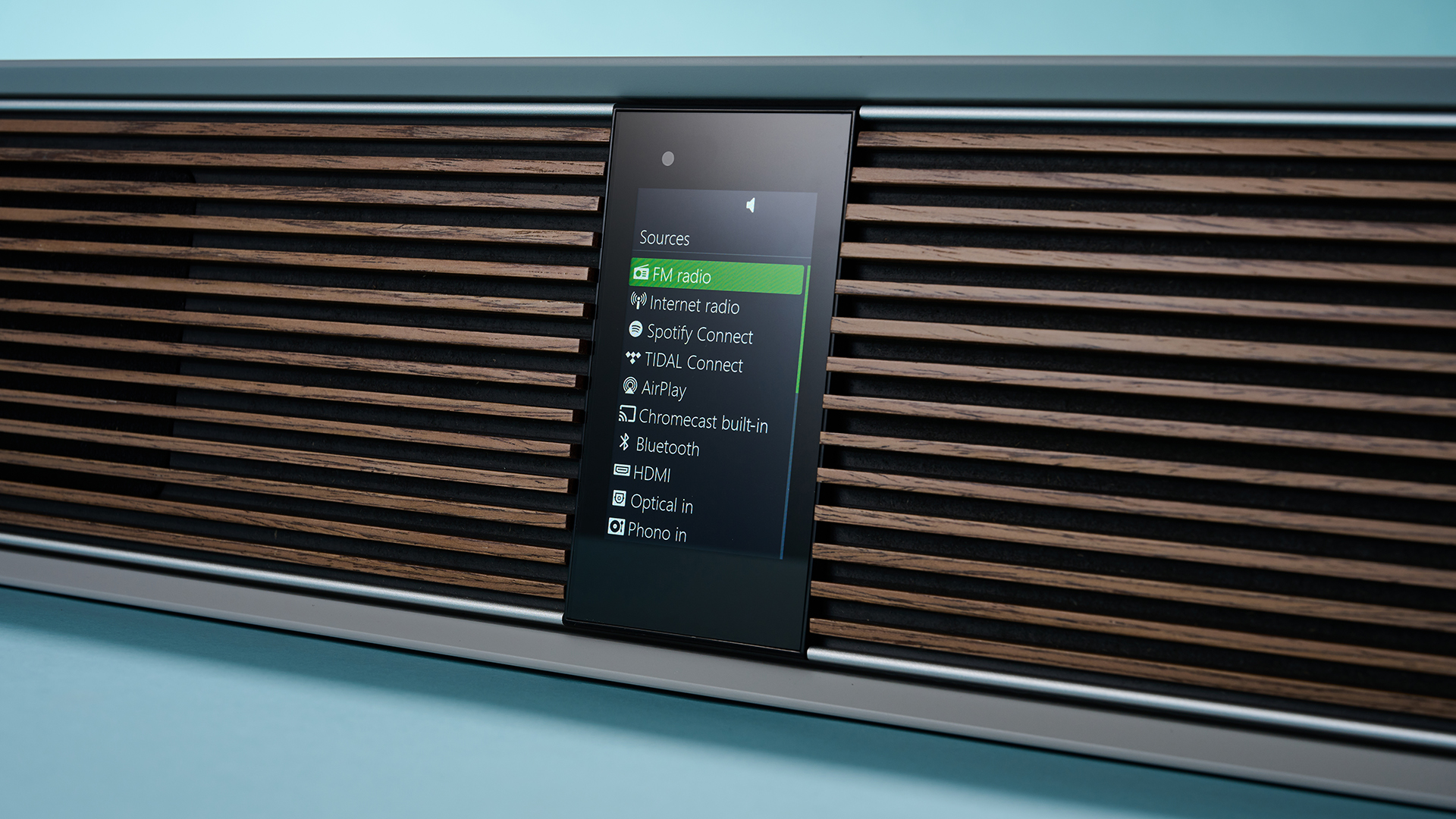

The Ruark R410 all-in-one combines retro-cool good looks with a versatile specification suitable for both music and movie listening. It’s a tempting alternative to a soundbar or standalone hi-fi system, and makes surprisingly few concessions in pursuit of convenience and style.
-
+
Punchy, dynamic stereo performance
-
+
Beautiful industrial design
-
+
Features an HDMI input
-
-
No Dolby Digital decoder
-
-
Could do with a little more power
Why you can trust T3
The Ruark R410 is a high-performance all-in-one music system from the UK’s top hi-fi fashionista. With designer style to spare, it’s as much a piece of furniture as an audio component.
There’s high-res music file support (up to 24-bit 19KHz), HDMI eARC, so you can sit it beneath one of the best TVs where it can function as an external sound system, DAB radio, and Bluetooth aptX HD.
But with plenty of competition in this high-end space, is the Ruark R410 able to deliver as one of the best Wi-Fi speakers money can buy for your home?
Ruark R410: Price & Availability
The R410 is positioned just below Ruark’s larger, more imposer R810 Radiogram, but shares much of that model’s feature specification and sense of style.
Nestled at the higher end of the all-in-one market, it sells for £1,299 in the UK, $1,699 in the US and AU$2,599 in Australia. While this isn’t cheap, the R410 offers a lot of functionality for the cash, and can be considered a competitive rival to the similarly specified Naim Mu-So 2.
Ruark R410: Design & Features

Ruark has made quite a name for itself when it comes to designing audio kit. The brand has found a unique niche, with its Scandi 70s aesthetic and artisan finishes.
There are two versions of the R410 to choose from. One has an eco-wood veneer enclosure, the other is available in a cool grey. Both iterations come with a handcrafted wooden slatted facia.
The R410 is hardly small, measuring 150 x 560 x 290mm, but it doesn’t look overly imposing when parked on a shelf or AV furniture. I particularly liked the provision of a full-colour 4-inch vertical display, which is great for pursuing menus and album art.
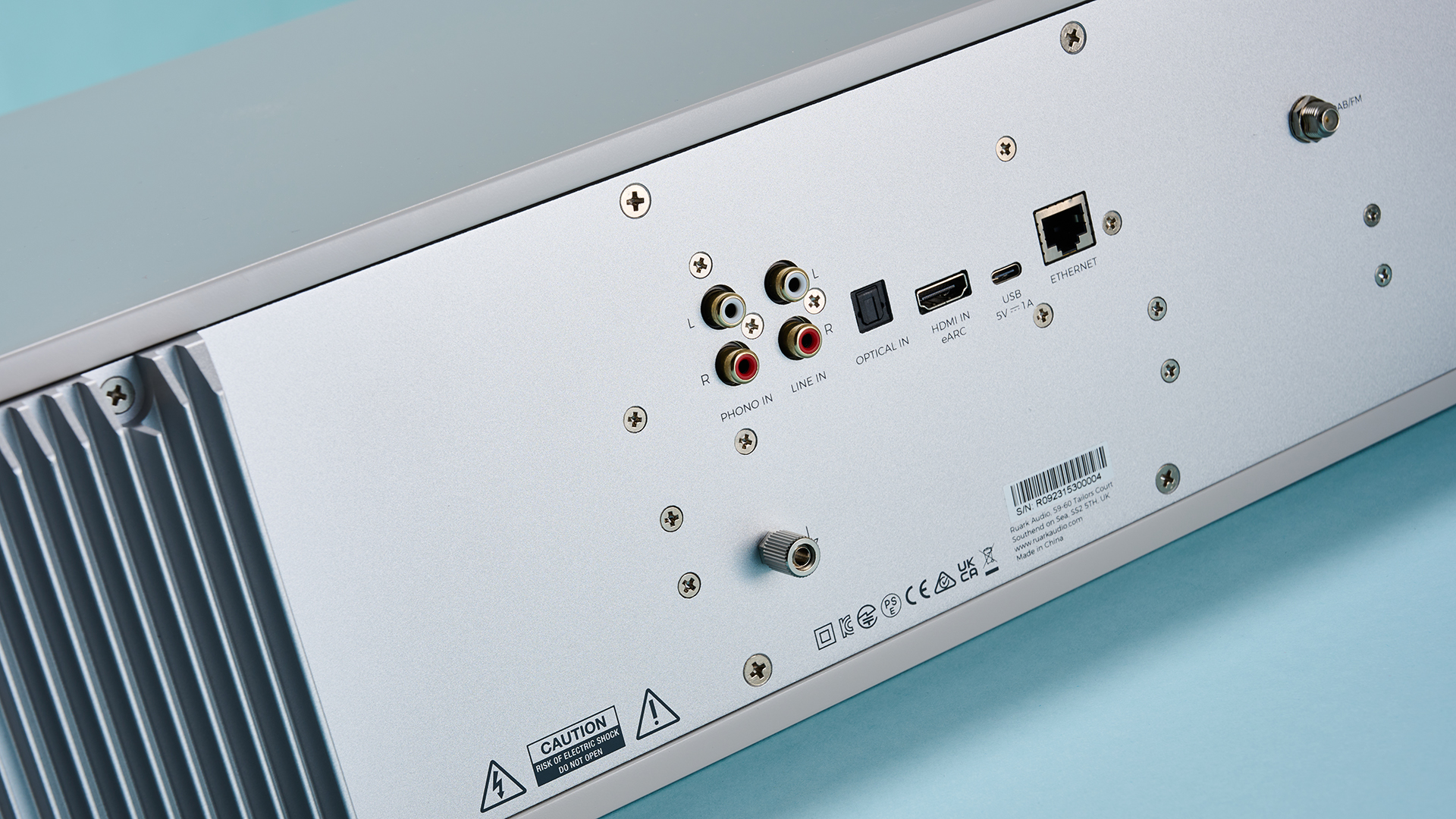
Menus can be navigated using an integrated rotary dial controller on the top of the unit.
Alternatively, there’s a lookalike wireless remote control supplied, as first popularised by Ruark’s R-Series. This discus remote takes a little bit of getting used to, but offers a rewarding tactile click, and is USB-C chargeable.
The R410 can cope with wired or wireless sources. There’s Wi-Fi and Bluetooth aptX HD, with Spotify Connect, Tidal Connect, Apple AirPlay2, and Chromecast Built-in.
There’s also the choice of DAB, DAB+, FM and Internet Radio. Ethernet is available for wired networking.
You can connect a variety of external sources including vinyl turntables, analogue stereo devices and televisions, using HDMI with eARC.
Ruark R410 review: Performance
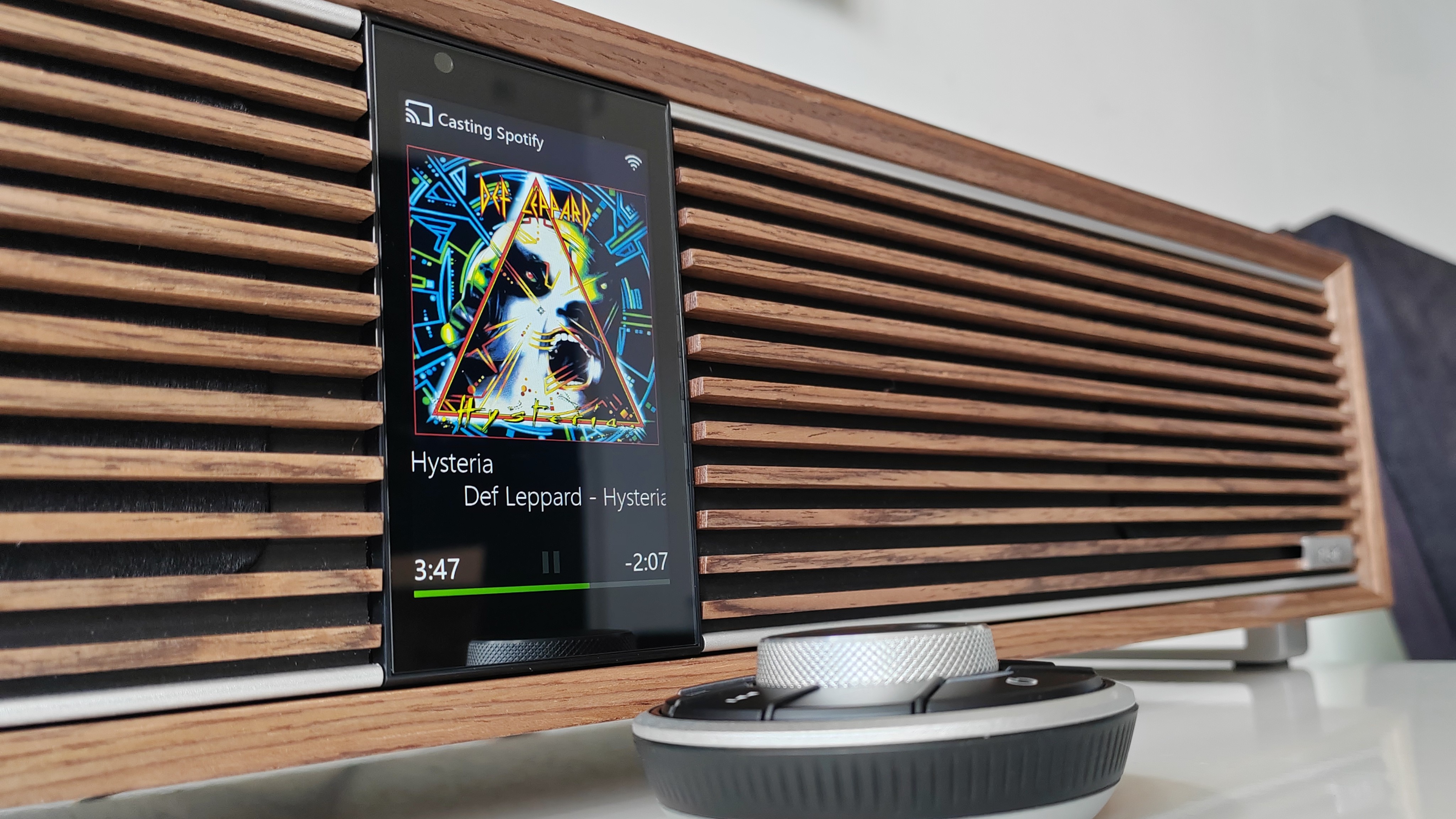
The R410 is rated at 4 x 30W (120W cumulative). Personally I would have liked a little more brawn, but with a two-channel amplifier assembly directly attached to the rear of each mid cone and tweeter, it’s able to reach comfortably loud listening levels without obvious strain.
The R410 copes well with a wide variety of genres, from Def Leppard to Schubert. A run-through of Alice Cooper's Billion Dollar Babies (96kHz 24-bit) impresses with enormous clarity and presence; Hi-Res content sounds like it’s coming from an altogether different system, at least in terms of size. The soundstage is expansive and agile, even when volume is pushed. Nothing is lost in the stereo mix.
Its mid-range performance is particularly well-judged, vocals are delivered with believable gusto. The system sounds at its best with stripped-back acoustic tracks, country and guitar-based rock. It finds air between instruments and creates a welcome sense of space.
Behind the grille are 20mm silk dome tweeters (first heard on Ruark’s MR1 speakers), and newly developed long throw 100mm paper cone bass mid units. Larger than those typically used by Ruark in the past, these contribute significant depth to the R410’s performance. Twin ports can be found on the underside of the unit, between its stylised feet.
There’s also the option of adding a wired subwoofer, if that appeals.
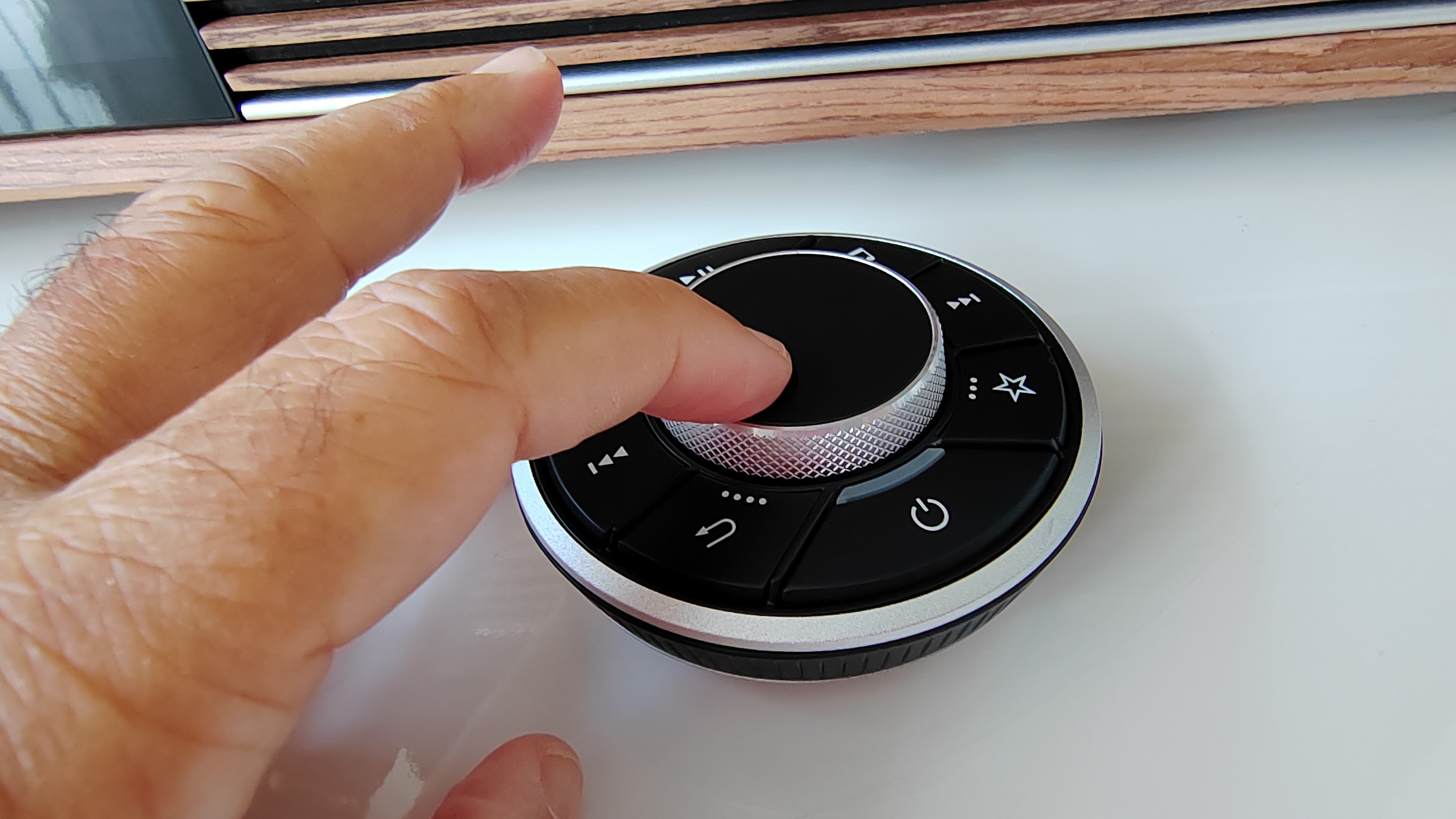
The R410 also makes an intriguing TV audio upgrade, not least because it’s a good deal better looking than the average soundbar (or even one of the best soundbars). Once the Ruark has been partnered with a TV over eARC you can use the TV remote to control system volume.
I found the R410 sounds great with daytime TV, where dialogue tends to dominate proceedings, but it also holds its own with more cinematic fare, adding depth to Slow Horses (Apple TV+), and snappy transient excitement to the more outlandish One Piece (Netflix).
It doesn’t drop particularly deep when it comes to bass, but there’s a solidity and dynamism to its presentation that suits both drama and action.
Of course, there are caveats. You don’t get a sense of cinematic immersion - indeed you’ll need to ensure your TV is outputting PCM stereo HDMI, rather than a Dolby Digital bitstream, else you’ll not hear anything at all - and there’s a limit to just how much bass slam is available.
But given this is a lifestyle sound system, and not a home cinema rig, it seems churlish to complain.
Ruark R410 review: Verdict
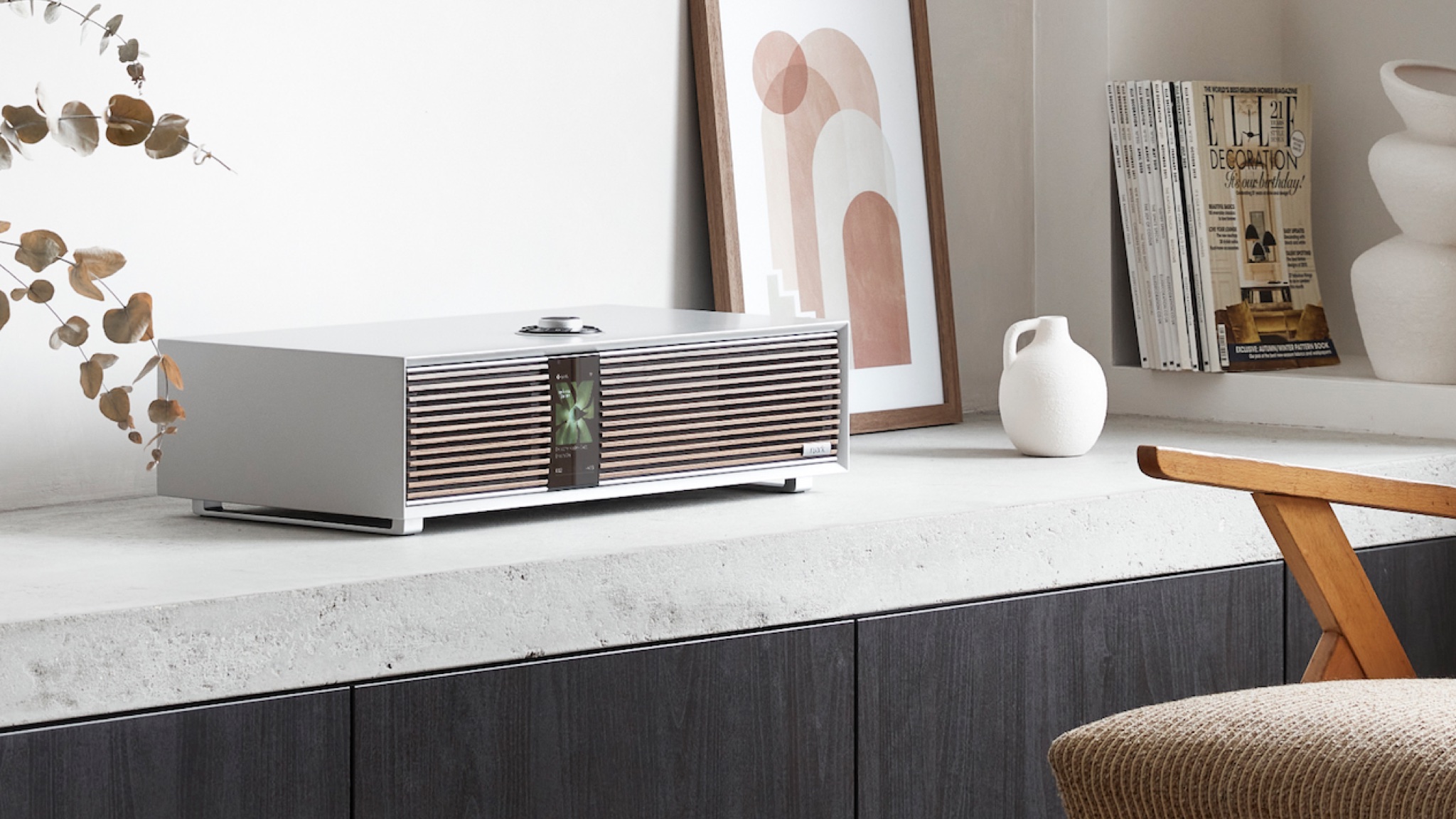
The Ruark R410 is an extremely well specified all-in-one that brings the music centre concept bang up to date. Hi-Res capable, with streaming audio central to its appeal, it makes surprisingly few compromises when it comes to balancing high design and performance.
It’s also an adept TV audio upgrade if you can’t accommodate buying a separate soundbar. For such an overtly premium sound system, I reckon the Ruark R410 can be considered great value for money.
Also consider
Offering a similar retro vibe to Ruark, the Revo SuperConnect Stereo is a Bluetooth DAB radio system with a sense of style. It’s equipped with DAB/DAB+, FM and internet radio services, can partner a streaming device over Wi-Fi and Bluetooth, and has a large, clear OLED display. A 30W amplifier drives two 3.5 BMR speakers, while connectivity includes analogue inputs, a digital optical output and a 3.5mm headphone jack
Bang & Olufsen's Beosound A5 is an ultra-chic portable sound system that's very much a designer statement, with its curved cabinet and cute carry handle, but don’t be fooled - inside lurks 280W of amplification, deployed in a 360-degree sound configuration, with Bluetooth and Wi-Fi support. It’s very nearly as expensive as the Ruark R410, but nowhere as versatile.
Much like the R410, the slick Naim Mu-so 2 is an ambitiously specified all-in-one, suitable for music streaming and TV audio via HDMI. It trades Ruark's stylish design for a more minimalist approach, but supports UPnP and has Chromecast built-in. In addition to Wi-Fi and Bluetooth, there’s USB, digital optical audio, and analogue inputs, so there’s not much you can’t connect.
Sign up to the T3 newsletter for smarter living straight to your inbox
Get all the latest news, reviews, deals and buying guides on gorgeous tech, home and active products from the T3 experts
For over 25 years, Steve has been casting his keen eyes and ears over the best that the world of TV and audio has to offer. He was the creator of Home Cinema Choice magazine, and contributes to huge range of technology, home and music titles along with T3, including TechRadar, Louder, Ideal Home, the i newspaper, and more.
-
 Breitling adds two new Top Time chronographs celebrates the legacy of cycling legends
Breitling adds two new Top Time chronographs celebrates the legacy of cycling legendsThese are gorgeous watches
By Sam Cross Published
-
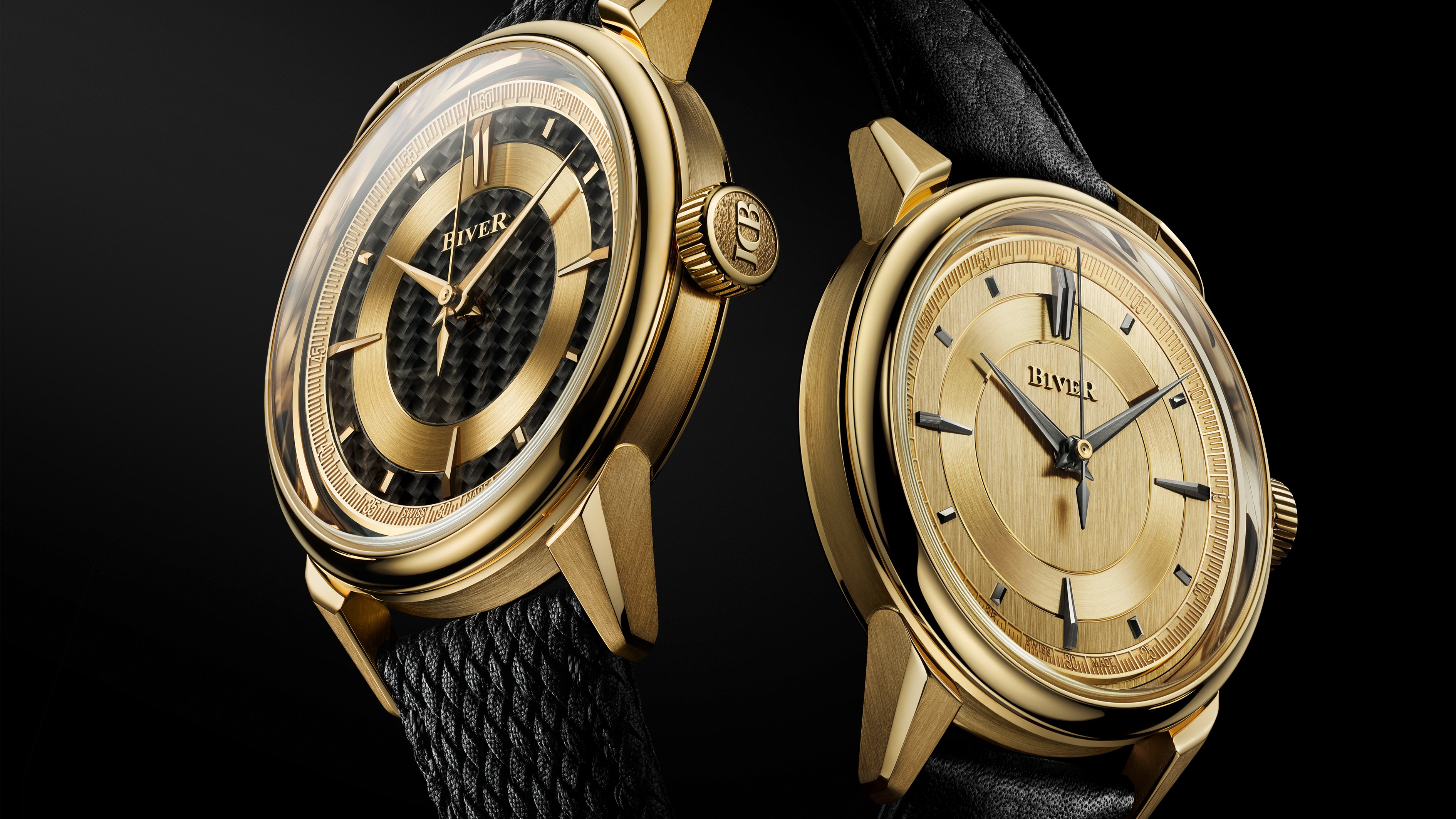 Biver adds another two Automatique models to its collection
Biver adds another two Automatique models to its collectionThese are classy additions
By Sam Cross Published
-
 Audeze’s new planar headphones promise studio-quality sound without a sky-high price
Audeze’s new planar headphones promise studio-quality sound without a sky-high priceThe new LCD-S20 closed-back headphones are Audeze's most affordable premium planar headphones yet
By Carrie Marshall Published
